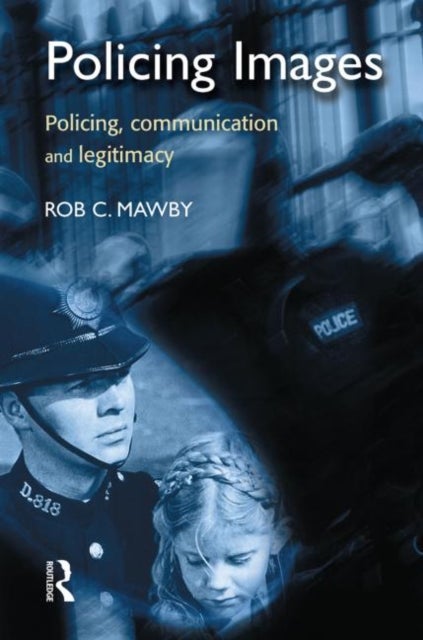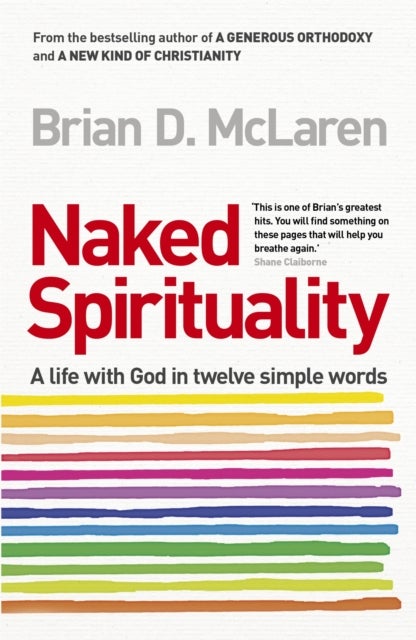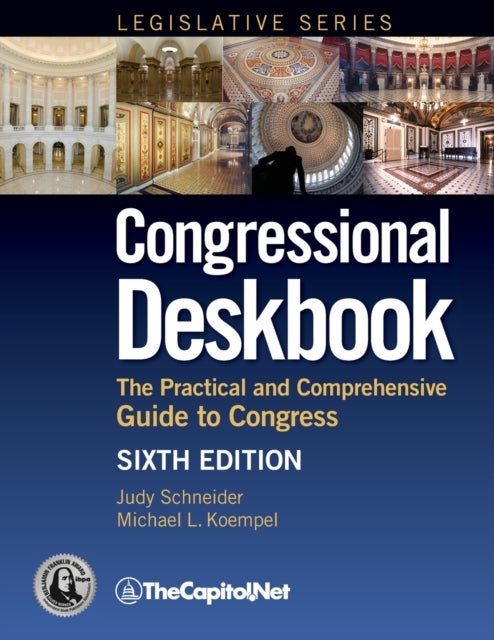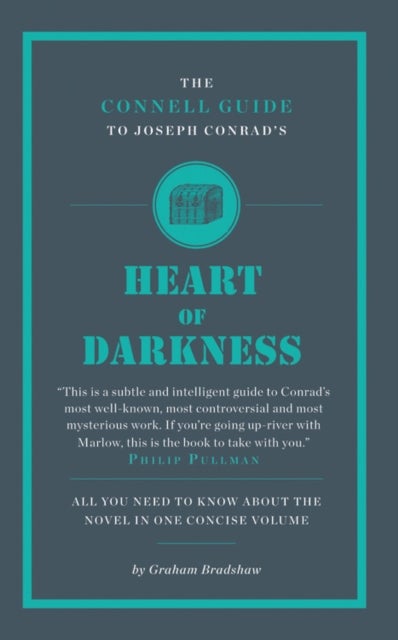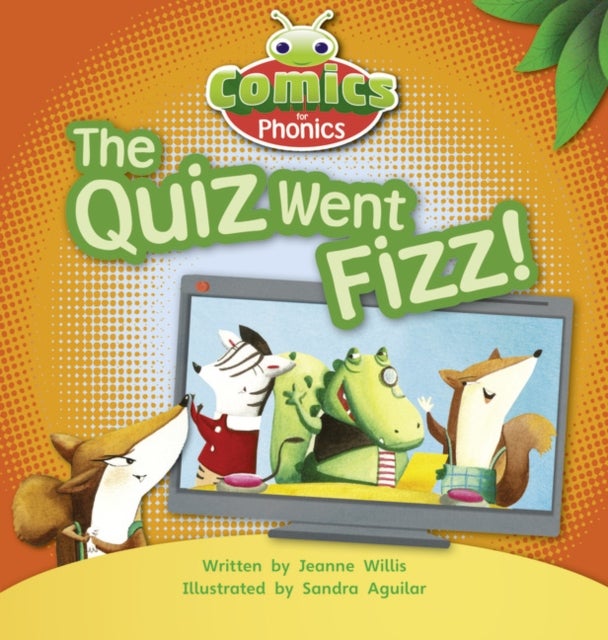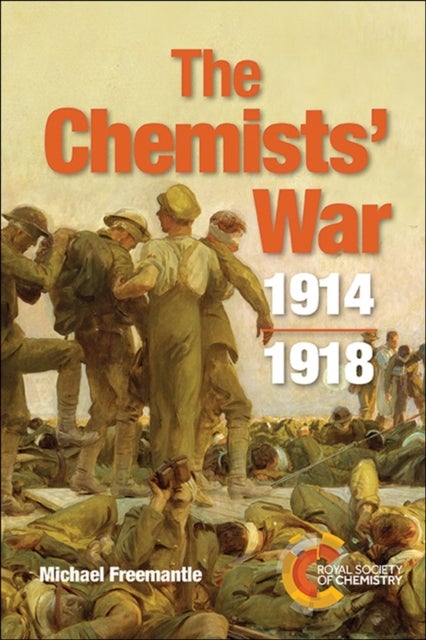
The Chemists' War av Michael Freemantle
299,-
<P>Within months of the start of the First World War, Germany began to run out of the raw materials it needed to make explosives. As Germany faced imminent defeat, chemists such as Fritz Haber and Carl Bosch came to the rescue with Nobel Prize winning discoveries that overcame the shortages and enabled the country to continue in the war. Similarly, Britain could not have sustained its war effort for four years had it not been for chemists like Chaim Weizmann who was later to become the first president of the State of Israel.</P><P>Michael Freemantle tells the stories of these and many other chemists and explains how their work underpinned and shaped what became known as The Chemists¿ War. He reveals: </P><P>¿ how chemistry contributed to the care of the sick and wounded and to the health and safety of troops; <BR>¿ how coal not only powered the war but was also an important source of the chemicals needed for the manufacture of explosives, dyes, medicines and antiseptics;<BR>¿ how Brita



